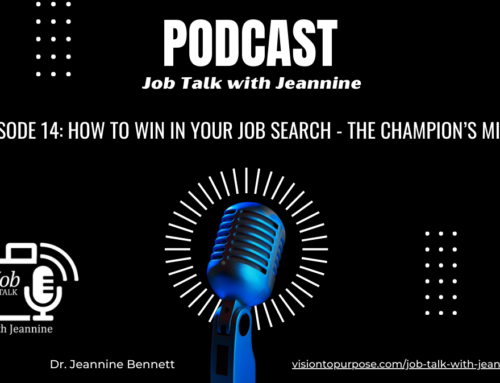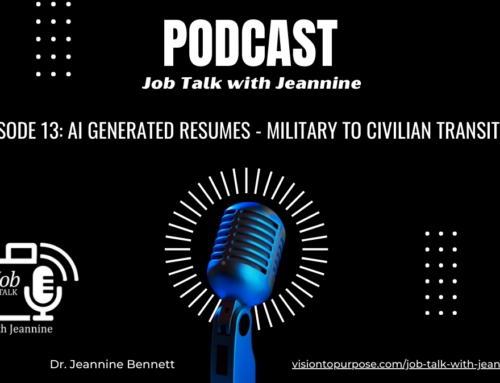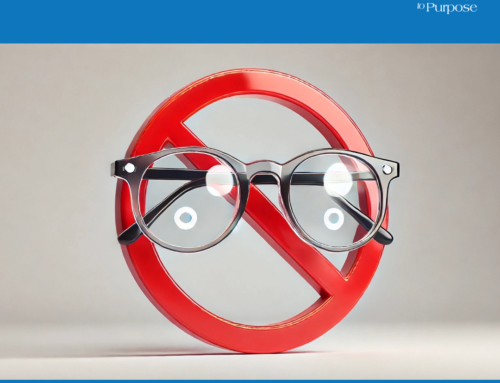
Curb Your Procrastinating Tendencies
STOP PROCRASTINATING
We all procrastinate. I successfully did it all day today, and I find myself writing this blog at 7 p.m. the night before it’s due. But I had a good reason – I was doing taxes. But we all have a good reason to put off our responsibilities, don’t we? To stop procrastinating, we need to know a little more about it.
Procrastination comes in many forms, which we’ll discover below. But is this an inevitable part of life? Or can we do something to overcome our bad habits of delaying the inevitable?
FIVE TYPES

Someone very interested in studying the psychology behind procrastination identified five main types of procrastinators. Perhaps you’ll find that you identify with one. Maybe you’re a little bit of all of them.
The good news is that I will give some tips to help each type of procrastinator light a fire underneath themselves.
THE AVOIDER

If you’re an avoider, chances are you lack the confidence to start seemingly daunting tasks. You’ll cringe at the overwhelming idea of that big project, lengthy report, or important decision.
To overcome your avoider tendencies, I challenge you to break up those larger tasks into smaller, less-intimidating steps. Start with the outline for that lengthy report. Then focus on individual points, one at a time. For complex decisions, start by breaking it down into smaller considerations. Take time to research each one, as necessary, to help shape your decision. When we break large tasks into several small tasks, we can finish the project one easy step at a time. This will leave us wondering why we avoided it at all.
THE BUSY PROCRASTINATOR

If you’re too busy doing everything that you can hardly do anything, then you’re probably a busy procrastinator. You tend to have trouble prioritizing your responsibilities. As a result, you fail to gain traction in your long-term goals. You’re probably the one that says, “YES!” when anyone asks you to volunteer for anything.
The first step to fighting against your procrastinating tendencies is to identify your priorities. Then, make them a priority! You also need to learn to say “no” to less important things so that you have the time and energy to say “YES!” to more important things. These are the projects that desperately need your attention or those about which you’re passionate.
THE DREAMER

A dreamer may not have as much trouble getting started with a new project. The problem arises when it’s time to finish. Dreamers tend to be creative types and have so many interests that they get started on something, and before completion, they’re onto the next exciting thing. Dreamers tend to love making grand plans and goals – almost like they imagine themselves already finished. For dreamers, the dream is almost better than the hard work it requires to get there.
Dreamers do well to take the time to write S.M.A.R.T. goals. This is also the type of procrastinator that needs to JUST DO IT! To overcome your dreamer tendencies, you’ll need to develop some self-discipline.
THE PERFECTIONIST

Perfectionists tend to become fixated on small details to the point that they are paralyzed with indecision and can’t get started. This procrastinator is too worried about mistakes up-front that they don’t know how to begin a project. Perfectionists will sometimes get stuck during the process because they get stuck on the small details again.
I was surprised to realize that my husband is a perfectionist-type procrastinator when it comes to college papers. He is NOT a perfectionist in nearly any other category. One of his favorite sayings is, “No es nariz de santo.” This translates to “It’s not a saint’s nose.” This saying serves as a reminder that whatever you’re doing is not as painstaking as carving a saint’s nose perfectly out of valuable marble. Good enough is good enough.
But when it comes to writing, he so desires for whatever he writes to be perfect immediately. He will sit in front of a blank screen for hours without writing more than a sentence or two. As a recovered perfectionist myself, I advise throwing off the desire to be immediately perfect. Allow yourself to make mistakes. After all, we can correct most errors during the process.
With writing, I tell my husband to do a brain dump where he writes, in no particular order or structure, everything he wants to include in the document. It doesn’t matter if it’s a complete thought; it gets written down. He can then look at the mess and start to group things in a more organized, cohesive manner. At that point, he has a very robust outline, and writing the paper is merely a matter of filling in the empty spaces.
THE CRISIS-MAKER

Crisis-makers are a bit of a different type of procrastinators because they actually thrive under the pressure of a fast-approaching deadline. These people tend to believe that this is when they produce their best work and find the process exciting.
I have always been a bit of a crisis-maker procrastinator. I’m the one that will finish re-painting the guest room with just enough time for the paint to dry before guests arrive. I would consistently wake up at 6 a.m. to write papers due at 8 a.m. at the Defense Information School. It’s currently the next morning that I’m finishing up this blog, so apparently, I haven’t wholly shed this form of procrastination.
Crisis-maker procrastinators need to realize that this way of working doesn’t always allow time to polish your work before the deadline. One way to remedy your last-minute tendencies without completely giving up on the rush of concentrated work is to give yourself mini, focused bursts.
Author and productivity expert, Michael Hyatt, uses by this technique. He gives himself bursts of 45-minute increments without any distractions. No phones, no interruptions, no social media or email. He says he now gets more done in 45-minutes than he used to get done in hours of multi-tasking.
For crisis-makers, this technique can work well with a bit of modification. Try giving yourself a 45-minute burst before a lunch date or other obligation. This way, you know you have a limited amount of time to get your work done, and the pressure is on.
WHY WE SHOULD CARE ABOUT PROCRASTINATING

Time is a non-renewable resource. Procrastination burns valuable time with nothing to show for it. Chronic procrastination will cause us to miss opportunities and miss our goals. Not only that, but poor time management translates to poor performance, which can sabotage our careers and damage our reputations.
Emotionally, procrastination tends to lower our self-esteem because we just can’t seem to get any forward momentum in our lives. Additionally, we tend to be more stressed and enjoy relaxation less when we still have work hanging over our heads. When we complete the tasks at hand and THEN sit down to binge-watch a season of Bones, it feels that much more relaxing. There is less guilt to slacking off when you stop procrastinating and just get the work done first.
Finally, chronic procrastination, especially when it comes to decision making, can result in forced decisions and poorer judgment. Additionally, potential emergencies can become major emergencies (chest pain, call from a depressed friend in the middle of the night, a letter from the government). It’s better to be prompt and efficient.
WILL WE EVER STOP PROCRASTINATING?
Realistically, probably not. But we can temper our tendencies with some of the tips I mentioned above and, if we’re intentional about it, we can even use procrastination to our advantage. The key is to know yourself, know your habits, and be mindful of your approach to time management.
 ABOUT THE AUTHOR
ABOUT THE AUTHOR
Melanie Lemus is the Communications Specialist for Vision to Purpose providing self-help, business, and career-focused topics. She lives in Virginia with her wonderful husband and witty daughter. Melanie loves her freedom – in Christ and America. She’s passionate about natural health and homeopathy, and she’s always down to take a hike through the mountains.
ABOUT VISION TO PURPOSE
Vision to Purpose is an organization dedicated to helping individuals and businesses succeed by offering tailored career, life, and business solutions. We also help writers become published authors!
Need a resume writer? How about a writing coach? Perhaps a business consultant? Look no further; Dr. Bennett and the Vision to Purpose team can help! You can learn more about Vision to Purpose by visiting www.visiontopurpose.com.








